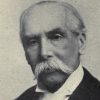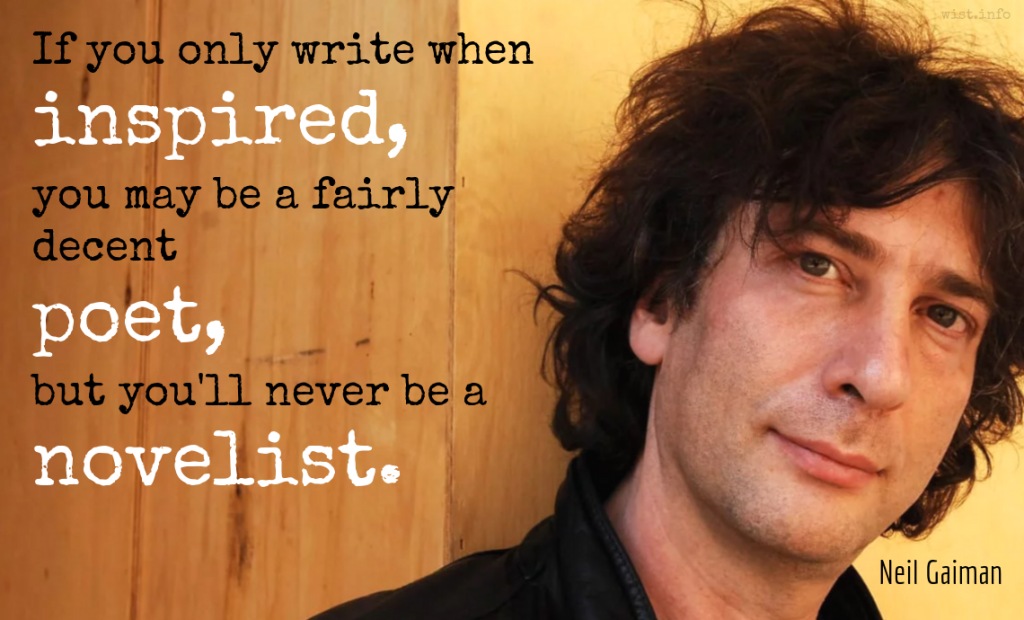Diligence is the Mother of Good-Luck.
Benjamin Franklin (1706-1790) American statesman, scientist, philosopher, aphorist
Poor Richard (1736 ed.)
(Source)
Quotations about:
diligence
Note not all quotations have been tagged, so Search may find additional quotes on this topic.
Know the true value of time; snatch, seize, and enjoy every moment of it. No idleness, no laziness, no procrastination: never put off till to-morrow what you can do to-day.
Lord Chesterfield (1694-1773) English statesman, wit [Philip Dormer Stanhope]
Letter (1749-12-26) to his son (#211)
(Source)
Chesterfield either loves the "Never put off" phrase or is very familiar with it: he repeats it a few months later in Letter 216 (1750-02-05), and then a few years later in Letter 309 (1754-02-26).
See Fuller and Franklin.
Never leave that till tomorrow which you can do today.
Benjamin Franklin (1706-1790) American statesman, scientist, philosopher, aphorist
“The Way to Wealth” (1758)
(Source)
Today, this is more commonly given as "Never put off till tomorrow what you can do today."
Franklin had used a different phrasing in Poor Richard (1742 ed.): "Have you somewhat to do To-morrow, do it To-day." That was reprinted in Poor Richard Improved (1758 ed.), but when that latter work was condensed into "The Way to Wealth" that same year, the wording above was used.
As with so many of Franklin's "Poor Richard" aphorisms, this was not original to him. Thomas Fuller uses a similar phrase in 1725.
The sentiment itself has been mocked or modified by others such as Mark Twain, Josh Bilings, Aldous Huxley, Pablo Picasso, and Mignon McLaughlin.
By diligence and patience, the mouse bit in two the cable.
Benjamin Franklin (1706-1790) American statesman, scientist, philosopher, aphorist
Poor Richard (1735 ed.)
(Source)
For there is no gardening without humility, an assiduous willingness to learn, and a cheerful readiness to confess you were mistaken. Nature is continually sending even its oldest scholars to the bottom of the class for some egregious blunder. But, by the due exercise of patience and diligence, they may work their way to the top again.
Alfred Austin (1835-1913) English poet, UK Poet Laureate (1896-1913)
The Garden That I Love, “April 30th” (1894)
(Source)
No sooner said than done — so acts your man of worth.
[Dictum factumque facit frux.]
Ennius (239-169 BC) Roman poet, writer [Quintus Ennius]
Fragment 315 [tr. Warmington]
(Source)
Quoted in Priscianus, Ars Prisciani, Book 6.
There is no doubt that even the greatest musical geniuses have sometimes worked without inspiration. This guest does not always respond to the first invitation. We must always work, and a self-respecting artist must not fold his hands on the pretext that he is not in the mood. If we wait for the mood, without endeavouring to meet it half-way, we easily become indolent and apathetic. We must be patient, and believe that inspiration will come to those who can master their disinclination.
Pyotr Ilyich Tchaikovsky (1840-1893) Russian composer
Letter to N. F. von Meck (15 Mar 1878)
(Source)
You must have been warned against letting the golden hours slip by. Yes, but some of them are golden only because we let them slip.
J. M. Barrie (1860-1937) Scottish novelist and dramatist [James Matthew Barrie]
Speech (1922-05-03), “Courage,” Rectoral Address, University of St. Andrews, Scotland
(Source)









